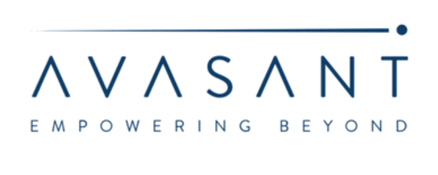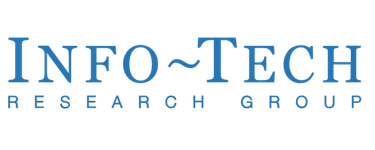In our April Policy Hour, Siddhant Chatterjee, Public Policy Strategist at Holistic AI, and Rashad Abelson, Technology Sector Lead at the OECD Centre for Responsible Business Conduct, discussed AI risks and mitigation strategies. They covered global AI incidents, their implications, and how emerging legislation like the EU AI Act addresses them. Connecting these ideas to OECD AI principles, they outlined risk management techniques, standards, and audits for organizations. Additionally, they provided recommendations for effective and scalable risk management.
Below we have included the full recording of the event, as well as the slides and Q&A:

Rashad Abelson is the Technology Sector Lead in the OECD Centre for Responsible Business Conduct, where he is part of the larger team working on development and implementation of OECD standards on due diligence. His work focuses on policy advice for governments seeking to integrate OECD standards into domestic legislation and foreign policy, monitoring of government implementation of OECD legal instruments, and research and tools development to support company-level implementation of OECD RBC standards in the development and use of technology.

Siddhant Chatterjee is a Policy & Governance Strategist with Holistic AI, where he helps integrate policy and regulatory requirements into its proprietary AI Governance products. He is also a member of the OECD's Network of Experts on AI (ONE.AI) as well as a member of the British Standards Institution's (BSI) ART/1 Committee on Artificial Intelligence. A Master's in Technology Policy from UCL, he has worked with TikTok as one of their first policy analysts in South Asia, the Australian Government as an Advisor on AI Ethics and Disinformation, and the Centre for Data Ethics and Innovation (CDEI) on the algorithmic ethics of climate technologies.





